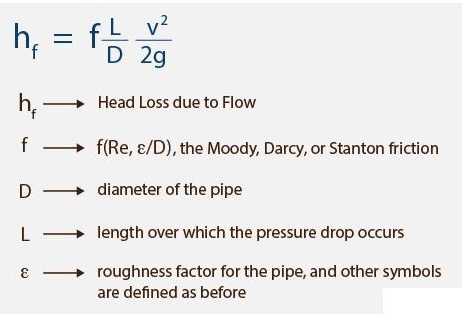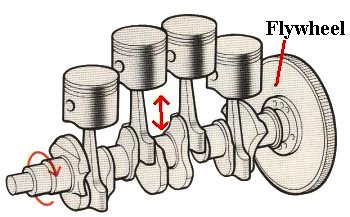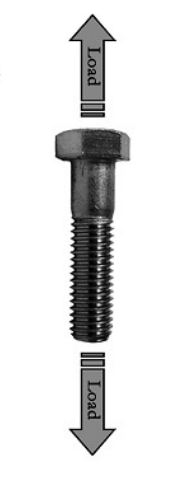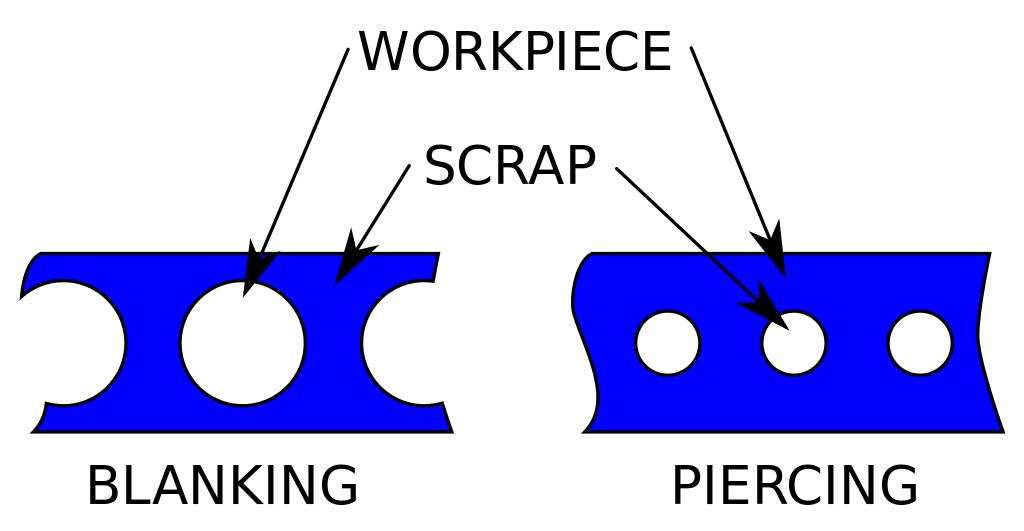Extensive properties The properties of the system, whose value for the entire system is equal to the sum of their values for the individual parts of the system, are called extensive properties.
For example, total volume, total mass and total energy of a system are extensive properties.
Intensive properties The properties of the system, whose value for the entire system is not equal to the sum of their values for the individual parts of the system, are called intensive properties.
For example, temperature, pressure and density of a system are intensive properties.
5) Intensive property of a system is one whose value
Does not depend on the mass of the system, like temperature, pressure, etc.
Related KPCL AE Mechanical Question Paper - 2018 with Answer Key
4flv2/2gd
In fluid dynamics, the Darcy–Weisbach equation is an empirical equation, which relates the head loss, or pressure loss, due to friction along a given length of pipe to the average velocity of the fluid flow for an incompressible fluid. The equation is named after Henry Darcy and Julius Weisbach.

Flywheel
Flywheel. Flywheel, heavy wheel attached to a rotating shaft so as to smooth out delivery of power from a motor to a machine. The inertia of the flywheel opposes and moderates fluctuations in the speed of the engine and stores the excess energy for intermittent use.

Direct tensile stress
A bolt is designed on the basis of direct tensile stress with large factor of safety.

Blanking
Blanking and piercing are shearing processes in which a punch and die are used to modify webs. The tooling and processes are the same between the two, only the terminology is different: in blanking the punched out piece is used and called a blank; in piercing the punched out piece is scrap
